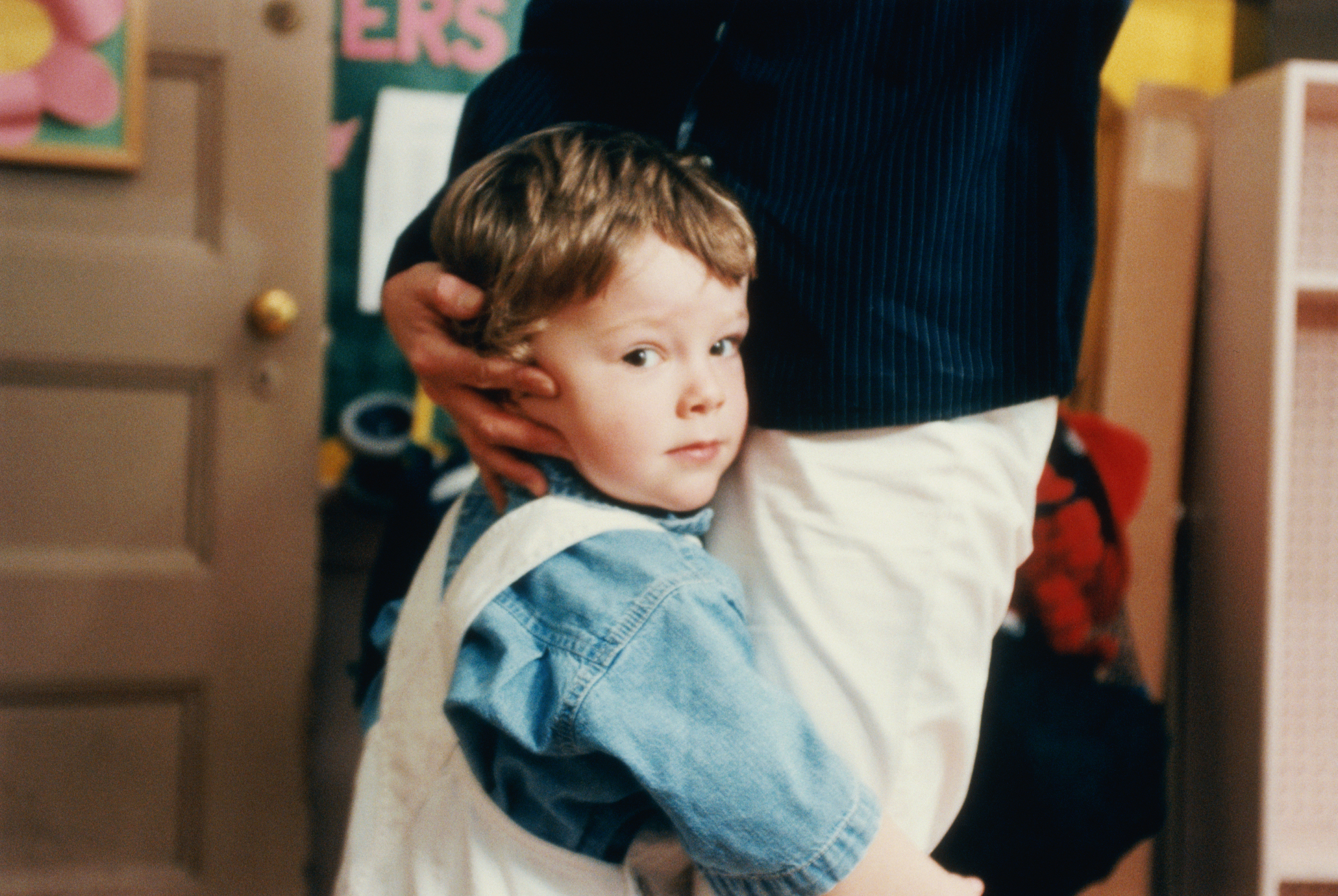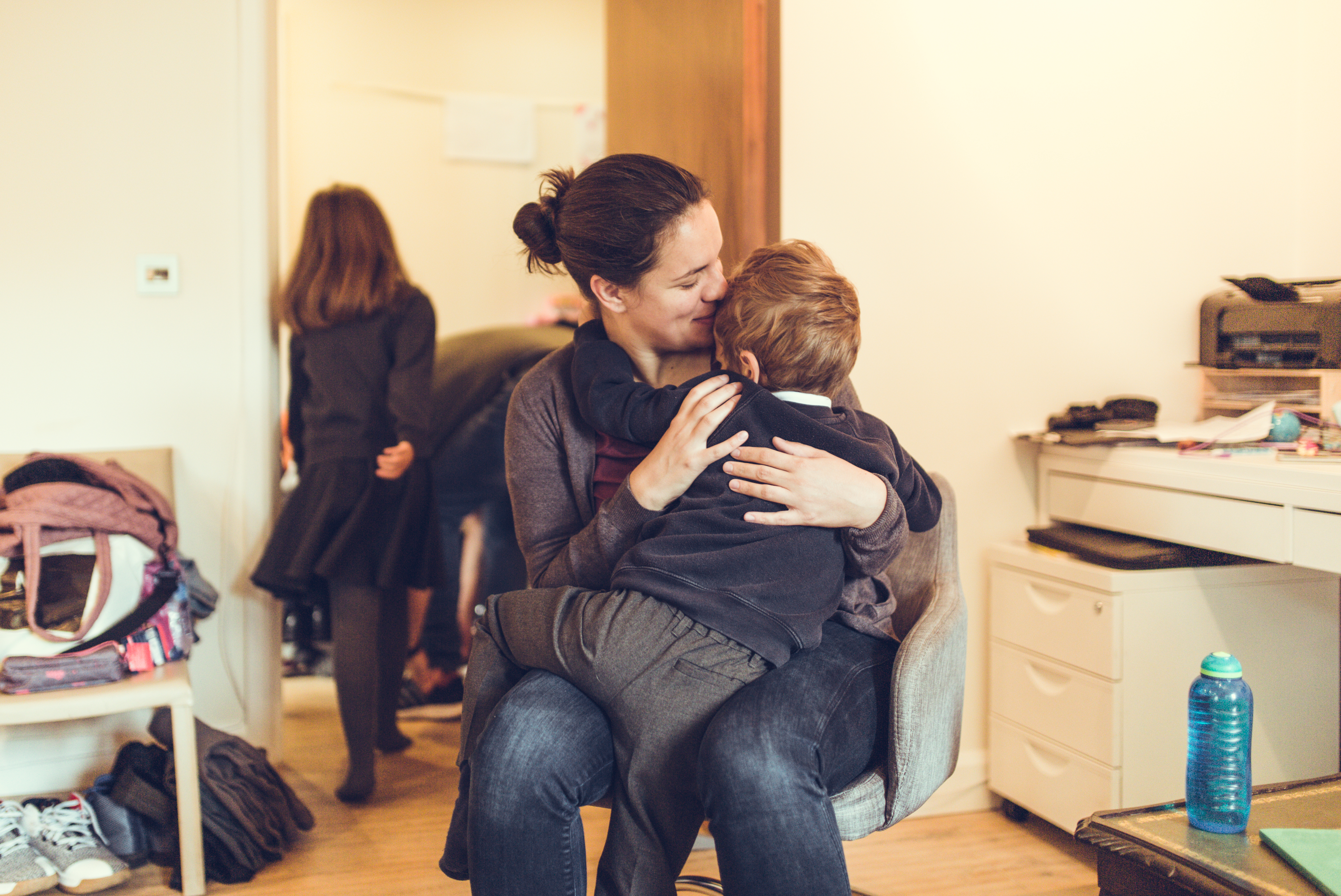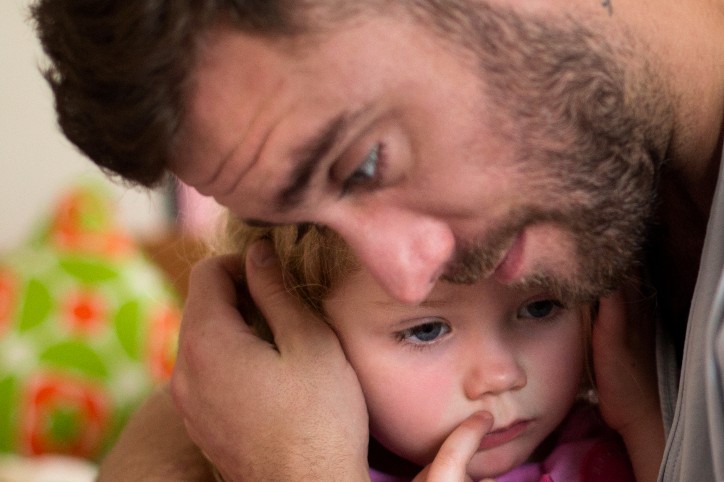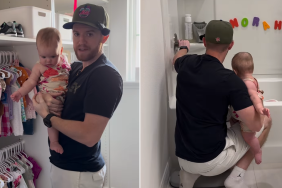It’s natural to want to do anything to get a child to stop screaming/tantruming – especially when something like separation anxiety – that so easily pulls at our hearts’ strings – is involved
“Separation anxiety, a fear of being separated from your parents, begins around the age of nine months and is considered developmentally normal until the age of three years when most children will have outgrown this anxiety,” says Dr. Sydney B. Miller, Ph.D, C. Psych, an associate professor in the department of psychology at Concordia University and the former host of On-Call with Dr. Syd. “If the anxiety continues beyond three years of age, the child might be developing separation anxiety disorder, which is a more serious but still very treatable condition.”

He goes on to note that the symptoms of separation anxiety include fear of being away from your loved ones, excessive worry about losing a parent through illness, of the child being kidnapped and therefore separated from their parents, nightmares and physical symptoms of the distress such as headaches and stomachaches.

So what can we do if we find ourselves (and, as parents, we almost inventively all will) with child experiencing separation anxiety? Dr. Miller shares her top two tips.
Practice being apart from each other in gradual steps.
“For example you might start off by leaving your child alone for five minutes at first and then increasing the time gradually until they can be apart for much longer periods of time. If the child will be going to a new place also visit that place a couple of times first so the child has some familiarity with the location before you begin leaving them there for real.”
When you do drop off your child somewhere, do so in a calm, positive and confident manner.
“If you’re nervous about leaving your child, or about how they will react when you leave, your child will pick up on this and it will distress them. Dropping them off calmly, positively and without hesitation will help your child to feel that this is a normal and safe thing to do. You can also reassure your child that you will be back and make sure that when you leave, you mean it and leave, even if your child is crying or screaming. The child’s caregiver can take care of them and they have probably stopped crying by the time you get to your car. Coming back will only make your child’s anxiety worse.








